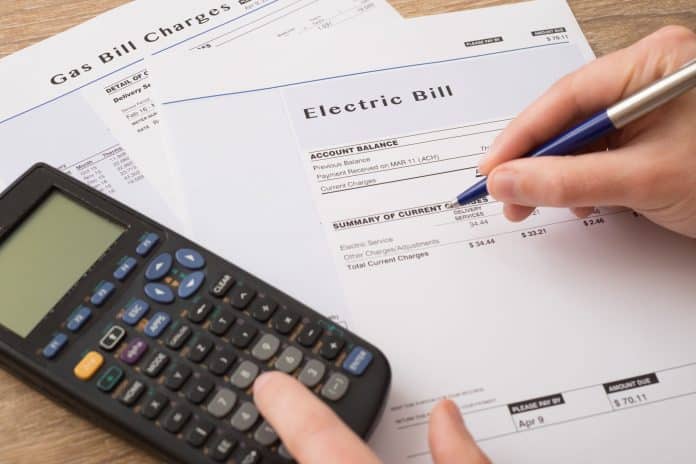
Aren’t electric bills a headache? They certainly wouldn’t be for low-income communities if they were not as expensive as they are today. Energy though a necessity has become a monetary inconvenience with the spiking costs of utilities going through the roof. Fortunately, the Weatherization Assistance Program (WAP) can give you the assistance you need so that you can focus on prioritizing where your money goes.
This program is supported by the US Department of Energy and is the same governmental body, which oversees Low Income Home Energy Assistance Program (LIHEAP).
When it is found that you are eligible for this benefit, an energy audit will be conducted by your area’s WAP provider. Based on the analysis of the audit, the provider will give you suggestions as to how you can conserve energy. Any typical audit will most likely consist of three components: (1) all energy equipment is thoroughly inspected for potential hazards, (2) your utilities bills are analyzed, (3) tests are also conducted to observe how external air makes its way inside the house.
When the energy audit is finalized and the analysis is complete, specialized contractors with weatherization licenses will do the following cost-free work on your house: (1) attic insulation, (2) energy equipment repairs, (3) floor insulation, (4) attic insulation, (5) duct insulation, (6) pipe insulation, (7) repairing energy equipment, (8) side wall insulation.
Entry Requirements
Getting into the WAP program isn’t as difficult as it may seem. As a matter of fact, the government is trying to push citizens to do their part not only to reduce their energy consumption, but their carbon footprint as well. Given so, those who are having difficulty meeting the energy costs should have a good chance getting into WAP. The first key rule you should know is that if you are receiving LIHEAP, SSI, or TANF benefits, then you are automatically entitled to weatherization services.
Income also has a lot to do to qualify for this service, and one rule is the applicant’s earnings should not be more than 60% of the average state income. Priority is given to senior citizens (those who are 60 years old or older), those suffering from disabilities, and families with minors.
Application Process
As the requirements may vary in each state, it would be best if you research to see what policies your state has. Simply visit www.energy.gov, select your state, and the website will give you all the information you need to make this a quick and easy process.





















